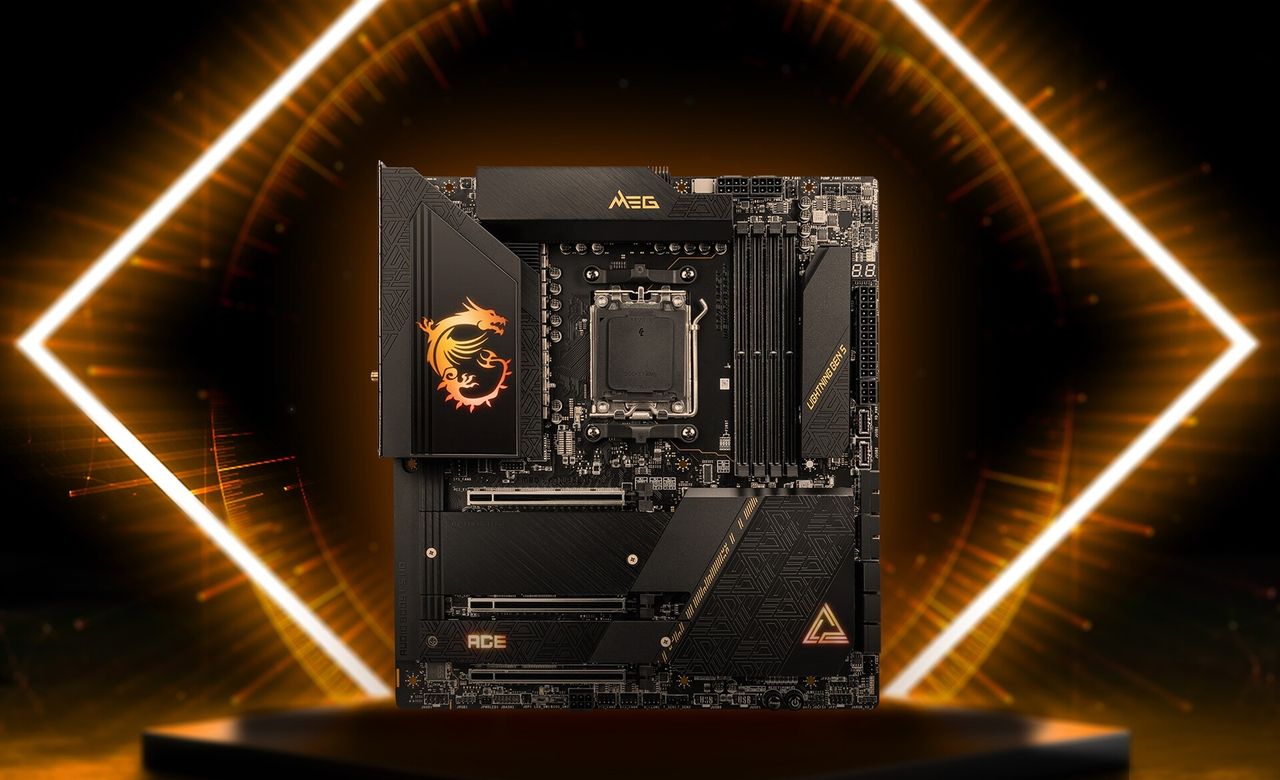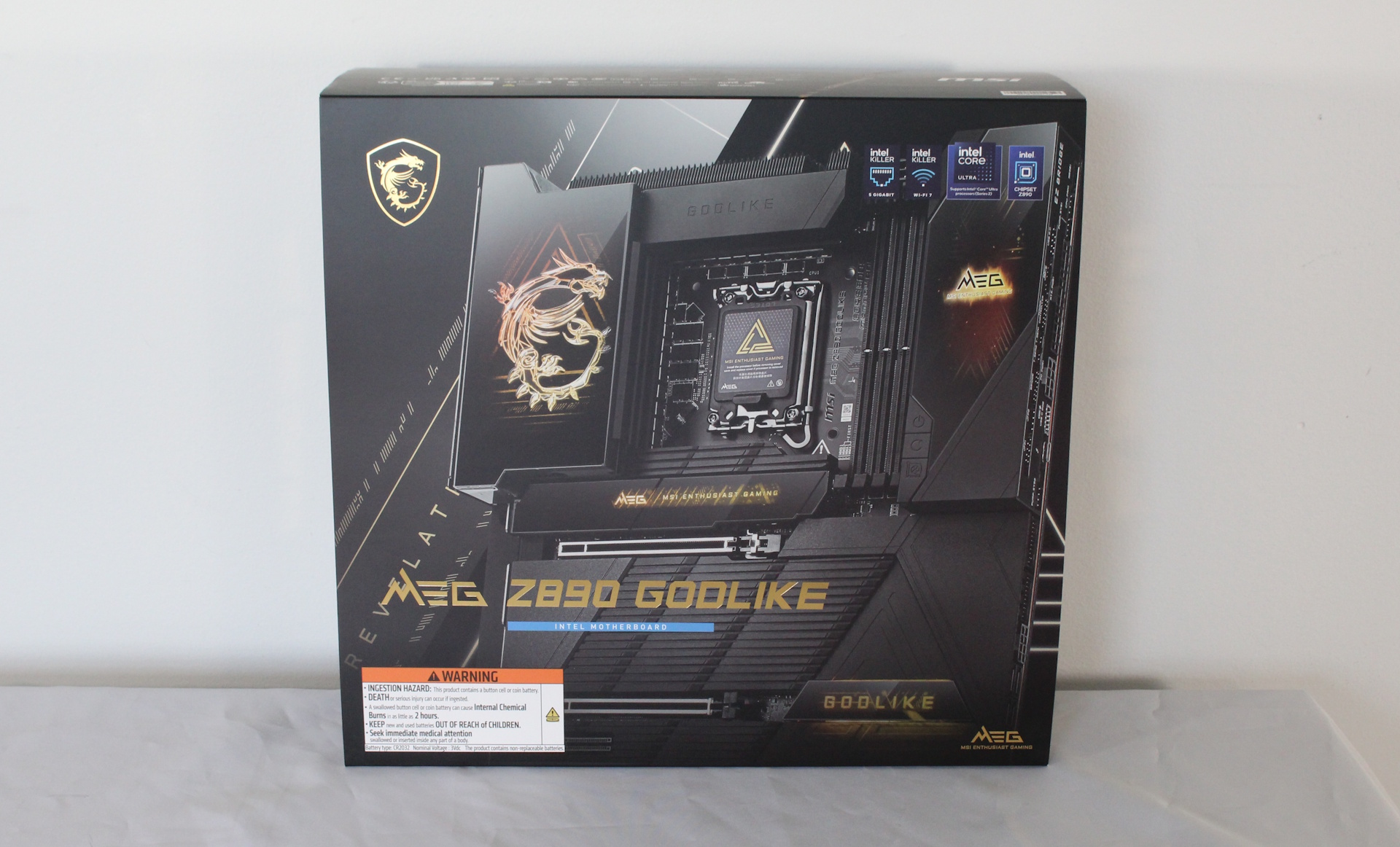
MSI is reportedly on track to ship more than 10 million motherboards in 2025, the first time it would hit such a milestone while matching Gigabyte, according to DigiTimes. The surge is credited to strong demand for boards built around AMD’s X870 and Intel’s Z890 chipsets, along with crowd-pleasing thermal designs and aesthetics across product lines. Not to mention, the value proposition of its higher-end models that offer flagship quality for a little less.
Rather than diving headlong into the AI server race like its local competitors Asus and ASRock, MSI has taken a measured approach — and reportedly plans to gradually increase shipments from the second half of 2025 while leaning on traditional strengths such as motherboards, graphics cards, and notebooks. Notebook shipments are forecast to reach around 2.55 million units this year, up 5–6% year-on-year, while GPU deliveries are expected to hit 5 million units—tying ASUS for market leadership. The company's Q2 revenue already reflected this momentum with sales topping NT$61 billion (roughly 2 billion USD) and first-half total reaching a record NT$114.9 billion (about 3.8 billion USD), driven largely by demand ahead of tariffs.

Despite the caution, MSI is making some moves in AI. It has quietly developed a suite of enterprise-grade platforms, including Nvidia MGX servers and its own DGX Spark supercomputer deployments, though these remain on a cautious rollout schedule. This stands in contrast to rivals aggressively scaling up AI server operations in the same timeframe.
MSI has bounced back from a sharp decline in board shipments in 2022 when volumes dropped by over 40% due to economic headwinds and consumer hesitancy. Tying with Gigabyte in 2025 would not only underscore recovery but also show how its sustained focus on evolving client demand, without overexposing itself to volatile AI server markets, can pay off.
Looking ahead, MSI plans to reinforce its manufacturing footprint. Its Taoyuan campus will continue producing motherboards, while newer facilities in Vietnam, Thailand, California, and Europe will help scale notebooks, desktops, and server assembly to support broader growth. These expansions aim to support both tariff-sensitive consumer markets and longer-term enterprise ambitions without compromising either segment.
Overall, MSI’s strategy feels less about chasing quick gains and more about calculated growth across its bread-and-butter hardware business while cautiously building out AI server credibility. With motherboard volumes on par with Gigabyte, a doubling notebook business, and measured AI rollouts, MSI is charting a steady, resilient course through shifting market tides.
Follow Tom's Hardware on Google News to get our up-to-date news, analysis, and reviews in your feeds. Make sure to click the Follow button.







